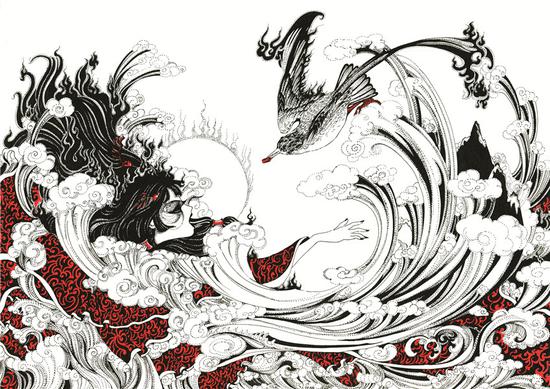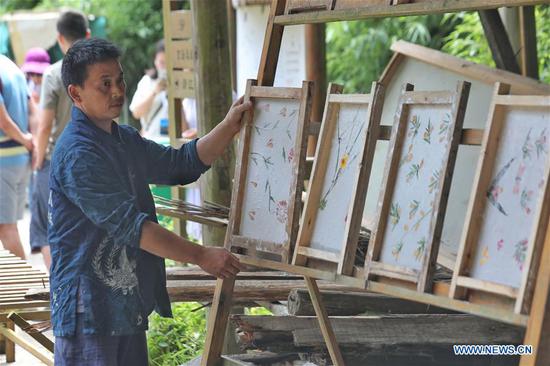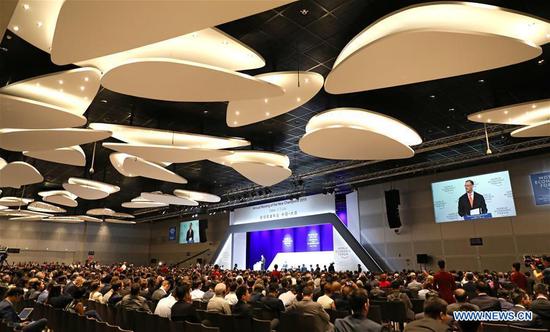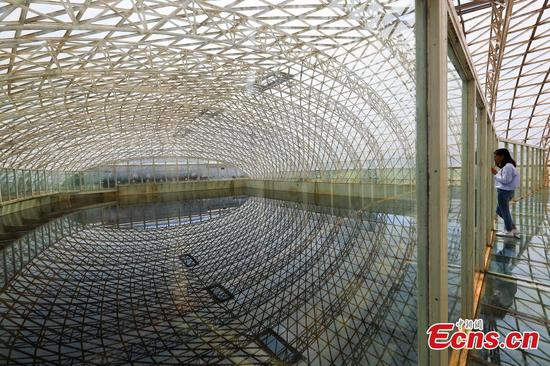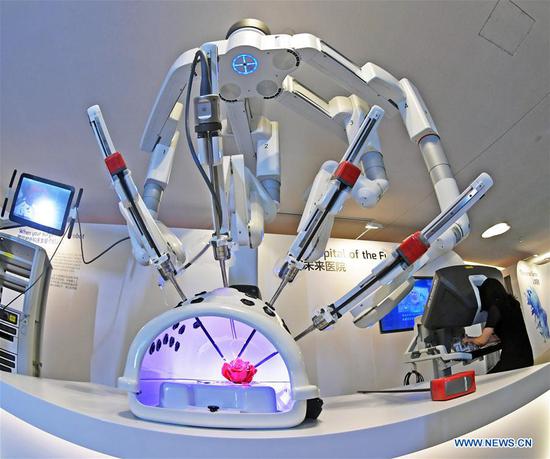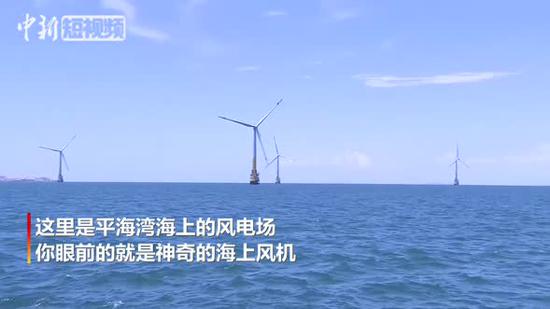
Omnipork, a product of Hong Kong company Right Treat made from soy, peas, shiitake mushrooms and rice protein, mimics the taste, feel, texture and color of real pork. [Photo provided to China Daily]
The company, whose offerings include cow-free burgers and sausages with vegan pork and chicken products said to be next on the agenda, expanded its footprint to Singapore in March after entering Hong Kong and Macao last year, said Nick Halla, vice-president international at Impossible Foods.
Its recent Series E funding round of $300 million, which has brought the firm's total funding to more than $750 million, offers a glimpse of how alternatives to meat are taking the food industry by storm.
Since its launch in Singapore, sales have increased in Asia more than fourfold within just a few months, pointing to the continent's craving for plant-based substitutes for meat. The company's product Impossible Meat is currently available in more than 180 restaurants across Hong Kong, Macao and more than 80 in Singapore, Halla said.
The plant-based meat substitute aims to please both meat-lovers and vegetarians by re-creating the experience of eating animal-derived meat without the environmental or ethical drawbacks, is not just for herbivores or carnivores.
The prefix omni indicates that the product is designed to go beyond a small, vegan niche, and that it can be used in many ways - steam it, fry it, pan fry it, and stuff it in dumplings and meatballs, Yeung said.
"This is something ready for all purposes and for everyone everywhere," Yeung said.
Likewise, Impossible Foods highlights its product's ability to make the leap from pizza to burgers to Vietnamese pho and Italian Bolognese with no compromise on taste and satisfying the most discerning foodies and trendsetting chefs the world over.
"When it comes to sustainability, there is a lot of talk revolving around renewable energy and green transportation. However, food stands as a component that should not be overlooked.
"The food itself is innovative. And how chefs cook it is also innovative," he said. "Today, sustainability cannot just purely be a charity. Instead, it must come with innovation," Yeung said.














